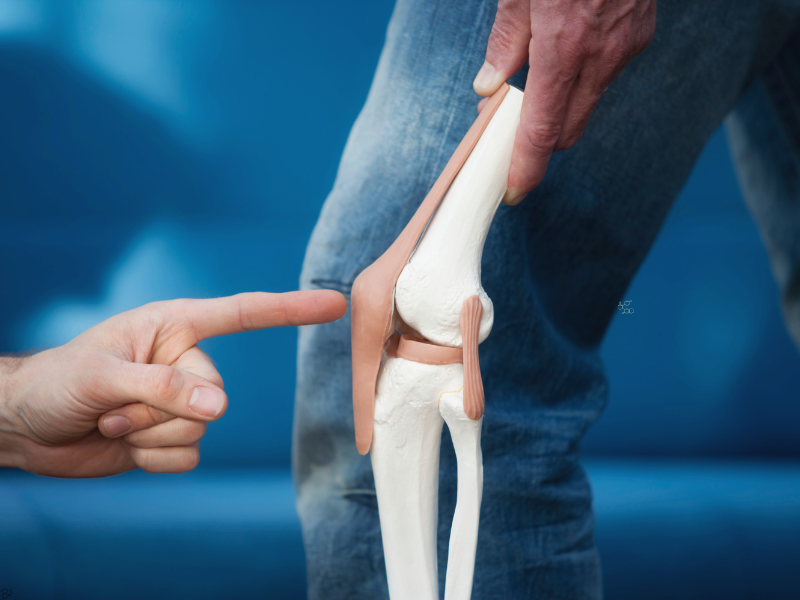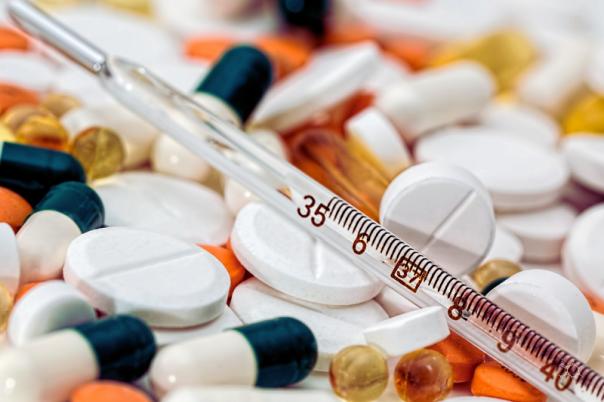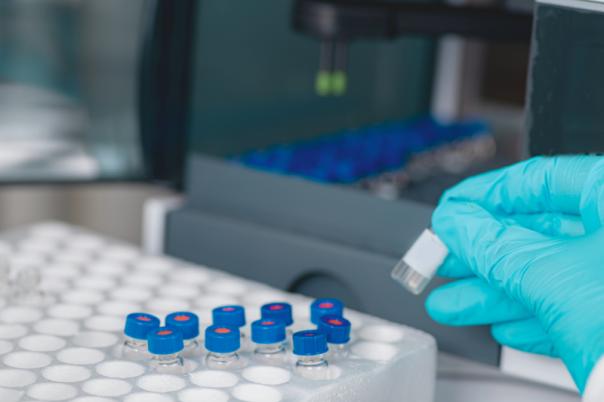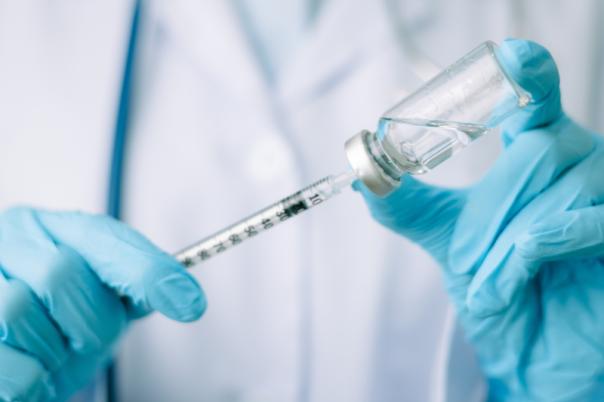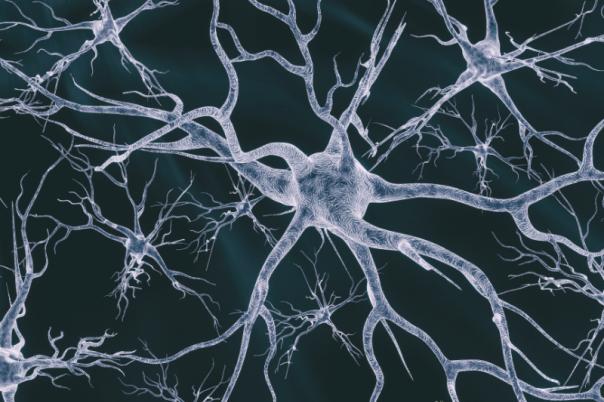A research group at the Technical University of Munich has created hollow microspheres using a combination of mucin and polydopamine. They aim to develop a new system for targeted and sustained drug delivery.
Biological surfaces like cartilage and oral mucosa are difficult to adhere to, but microspheres have shown that they retain their structure and release their therapeutic cargo.
The work builds on the multifunctional characteristics of mucin, a group of large glycoproteins that are a key component in many protective mucosal barriers in the human body, such as the oral mucosa and stomach. By combining this with polydopamine, a polymer inspired by the adhesive proteins of mussels, the microspheres displayed adhesive properties and structural versatility.
The study showed that the type of sealing agent and the biological environment in which the microspheres are deployed play a central role in determining their function. For example, when silver ions were present, the spheres exhibited cytotoxic effects in cell cultures. Without silver, the anti-inflammatory properties of polydopamine appeared more prominent, protecting cells under chemically induced stress.
The results posit potential applications in conditions like osteoarthritis or oral injuries. Additionally, the lubricating properties of mucin could also enhance protective roles within joints or on mucosal surfaces.
The research highlights how combinations of natural and synthetic polymers can be used to design drug delivery vehicles with multiple, adjustable functions. Although the study was limited to laboratory and animal tissue experiments, it encourages the need for further investigation of these materials in more intricate biological systems.
